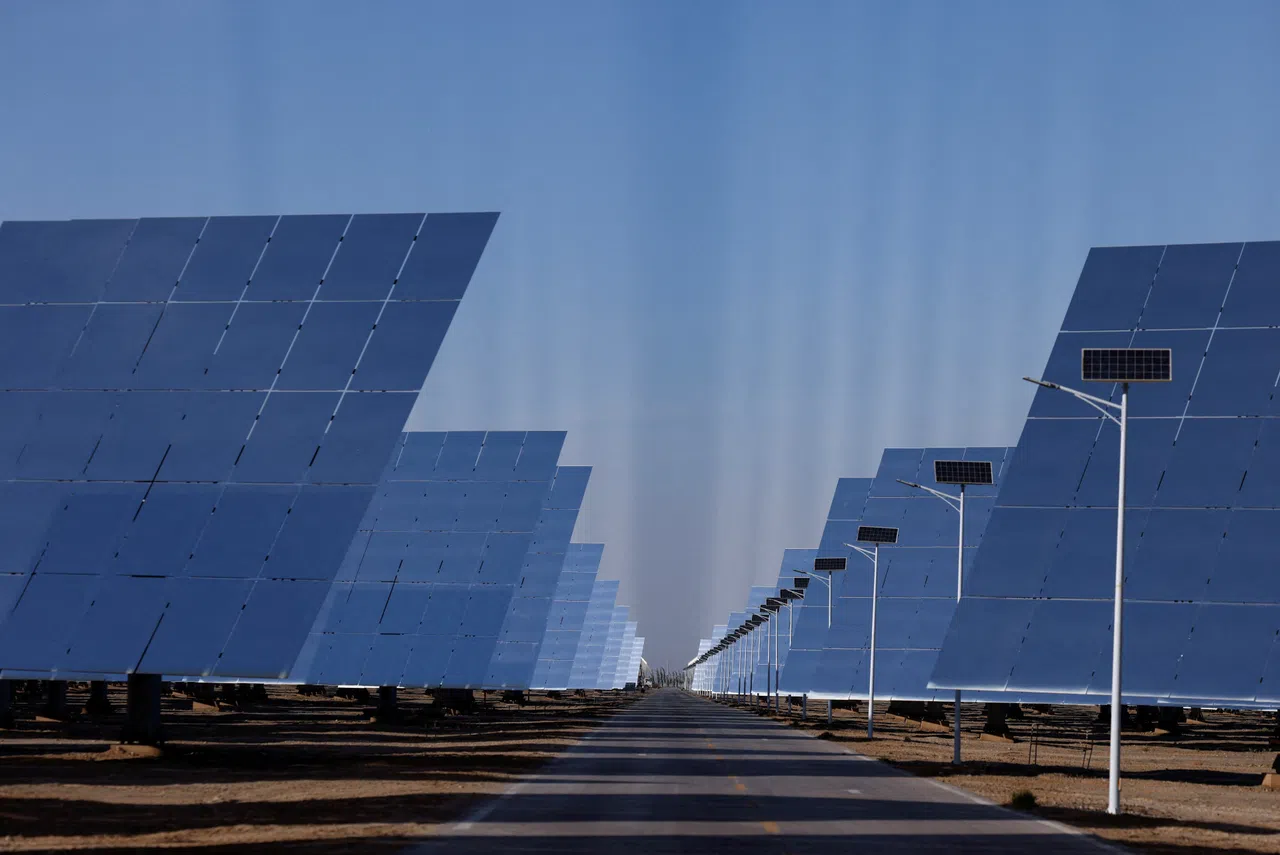CHINA needs to boost investment in a new generation of clean energy technology including storage, hydrogen and sustainable aviation fuel, according to executives speaking at the BloombergNEF Summit in Shanghai.
Huge funding for renewables and electric vehicles has already put the country on the cusp of peaking emissions years before its own 2030 target. But that’s also left supply chains saturated, squeezing company profits and raising international trade tensions.
Companies need to shift their spending away from those now-mature technologies towards areas that still need to scale up and lower costs, said Alan Chan, chief investment officer for the Hong Kong & China Gas. His company is focusing on sustainable aviation fuel using biofuels to decarbonise a difficult-to-abate sector.
“We need more capital to go to unmet demand instead of going to hot spots that are already fully invested,” he said during a panel discussion at the event on Tuesday (Dec 3). “We still need to fill that gap.”
The surge in renewables has also created an imbalance in grids dealing with too much solar power in the middle of the day that disappears when the sun sets. China is already investing heavily in energy storage but needs to adopt market-based principles to create more incentives for investors, said Lu Chuan, chairman of solar manufacturer Astronergy, also known as Chint New Energy Technology. He suggested China look at electricity markets in places such as Europe and California where price differences vary widely depending on the time of day.
“In overseas markets, market-based prices create clear policies,” Lu said. “China should learn from mature models from the West to promote consumption.”
China will also be a major growth market for Saudi Arabia’s ACWA Power, which has approved the investment of US$50 billion to develop renewables worth 20 gigawatts and annual production of one million tonnes of green hydrogen in the country by 2030, said Lyu Yunhe, the company’s head of China operations. It’s looking to work with Chinese state-owned enterprises to acquire clean power assets, he said. BLOOMBERG
Share with us your feedback on BT’s products and services







